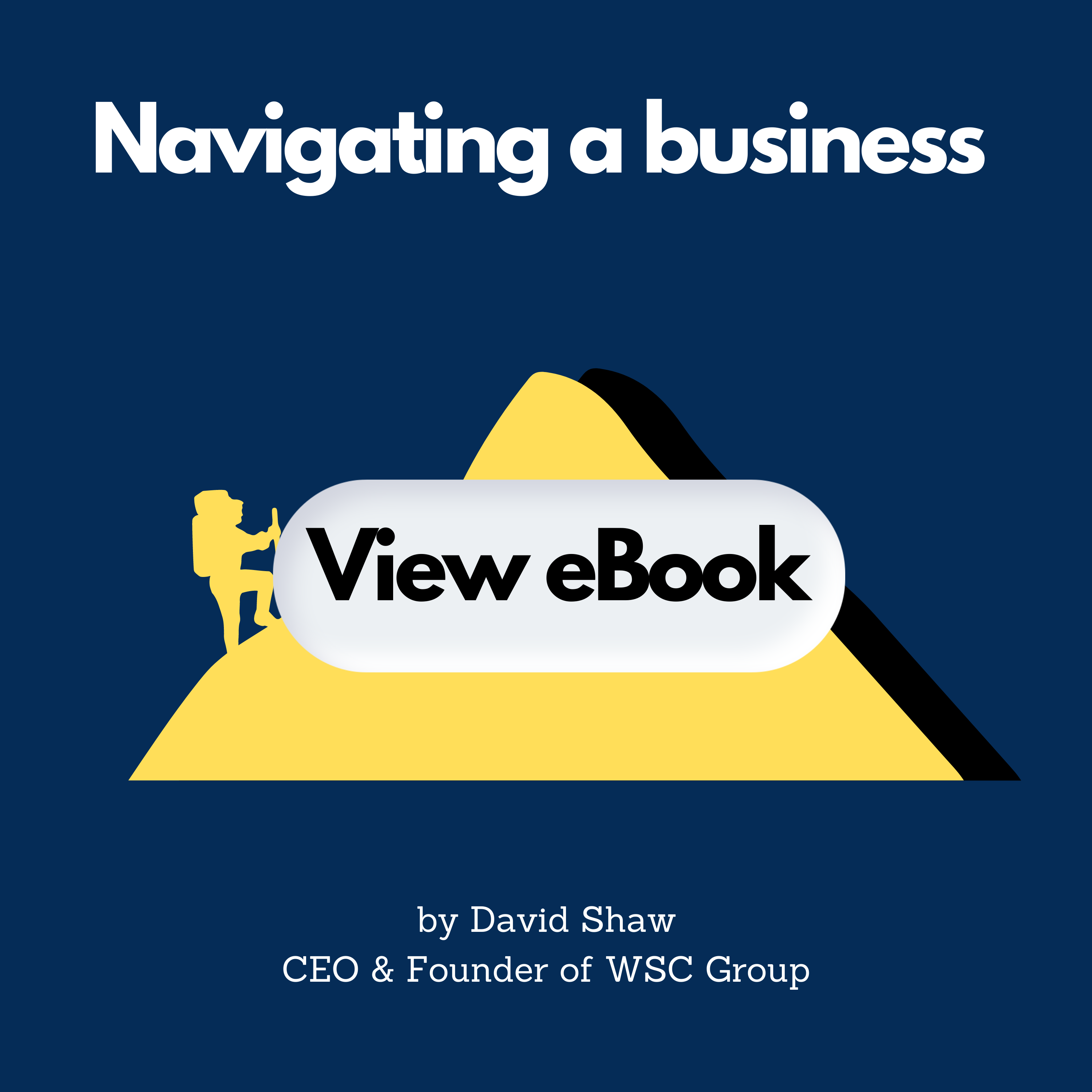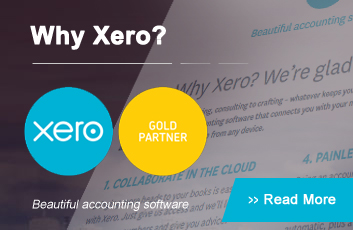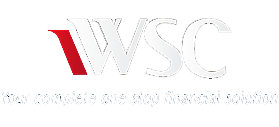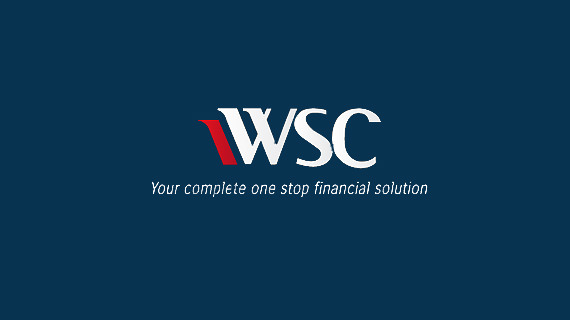Pros of Purchasing
- Equity Building: When you purchase a property, you're investing in an asset that typically appreciates over time. Instead of paying rent to a landlord, your mortgage payments contribute to building equity in the property. This equity can be leveraged for future expansions, renovations, or even additional investments.
- Stability and Control: Owning your business property gives you control over your space without the risk of lease terminations or rent increases. You can customise the property to suit your business needs, whether it's renovating the interior, expanding the space, or making infrastructure improvements.
- Tax Benefits: Property ownership comes with several tax advantages. Mortgage interest and many operating expenses can be deductible, reducing your overall tax liability. Additionally, if you operate your business from the property, you may be eligible for reduced capital gains on sale by way of the small business CGT incentives.
- Investment Diversification: Buying a commercial property diversifies your investment portfolio beyond just your business operations. If the property appreciates in value, you could potentially profit from its sale in the future or generate rental income by leasing out unused space.
- Potential Income Generation: If your business occupies only a portion of the property, you can lease out the remaining space to other tenants, providing an additional revenue stream and room to grow in the future.
Cons of Purchasing:
- High Initial Costs: Purchasing commercial property requires a significant upfront investment. Beyond the deposit, you'll incur legal costs, property inspection fees, and potentially renovation expenses. This can strain your business's budget, particularly if you're a new business.
- Limited Flexibility: While property ownership offers stability, it can also limit your flexibility. If your business outgrows the space or needs to relocate for strategic reasons, selling the property may take time and there is always the risk you may lose money on sale.
- Maintenance and Repairs: As a property owner, you're responsible for ongoing maintenance and repairs. These costs can add up over time and may require substantial financial resources, especially for older properties or unexpected repairs.
- Market Risks: The value of commercial real estate can fluctuate due to economic conditions, changes in local zoning laws, or shifts in demand. A downturn in the market could diminish the value of your investment or make it difficult to sell the property at a favourable price.
- Liquidity Concerns: Unlike shares and cash, real estate is relatively illiquid. Selling a property can be a time-consuming process, and it may take months or even years to find a suitable buyer at the desired price.
Structures to Consider:
When purchasing a property for your business, several structures can be considered, each with its own implications:
- Your own name or jointly with another person/s: As the simplest form of asset ownership buying a property in your own name is the most cost-effective structure. It allows easy access to the benefits of negative gearing if the property is negatively geared and you will have access to the CGT discount as long as you meet the relevant requirements (namely maintaining your tax residency and owning the property for more than 12 months. However, this option does not provide any asset protection, so the asset will be at risk if any action is taken against you personally, and if you eventually make a capital gain, that will be added to your personal taxable income.
- A Trust (Unit trust or Discretionary): A trust is a popular structure to own business property, it can provide access to negative gearing benefits if structured correctly or it can provide discretionary income benefits if our property is positively geared. This structure may also provide more asset protection than owning the property in your own name. However, this structure may result in more land tax being payable depending on the state of purchase and you will incur costs to establish and maintain the trust.
- A Self Managed Super Fund: In order to consider a Self-Managed Super Fund (SMSF) you should seek financial advice. This ownership structure is popular because the business real property exemption means that a business premises is the only type of property you can rent to a related party from an SMSF There can also be some tax benefit, especially if the property is sold and a capital gain is realised once all members are in pension phase. However, there are additional costs to establish and maintain an SMSF and it is important to compare the performance of this asset, a qualified financial advisor can assist you with this.
- A company: Companies have not been as popular to own properties in recent years because they do not get access to the capital gains tax discount. However a company can retain profit and pay a lower rate of tax than some individuals and a company structure can offer some asset protection as long as it is not the same company you operate your business from.
Purchasing a property for your business can be a strategic decision that offers numerous advantages, including equity building, stability, and potential tax benefits. However, it's essential to carefully weigh the pros and cons, considering factors such as upfront costs, ongoing maintenance, and market risks. By evaluating your business's long-term goals and financial capabilities, you can determine whether property ownership aligns with your overall strategy and contributes to your success.













